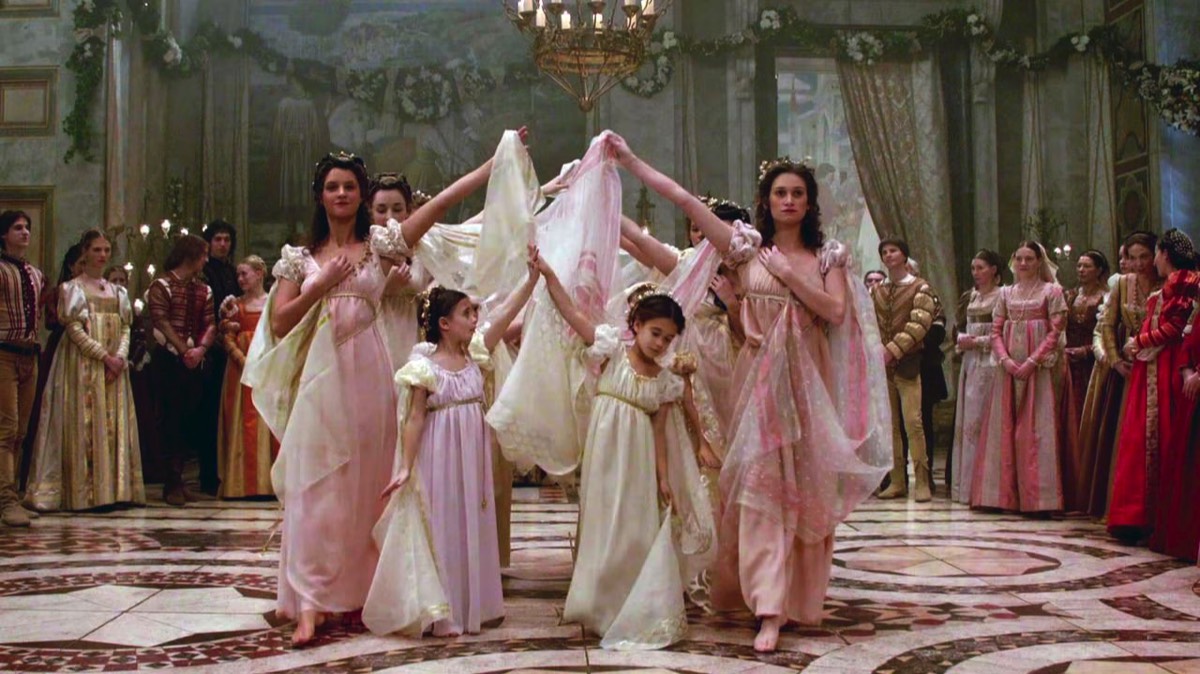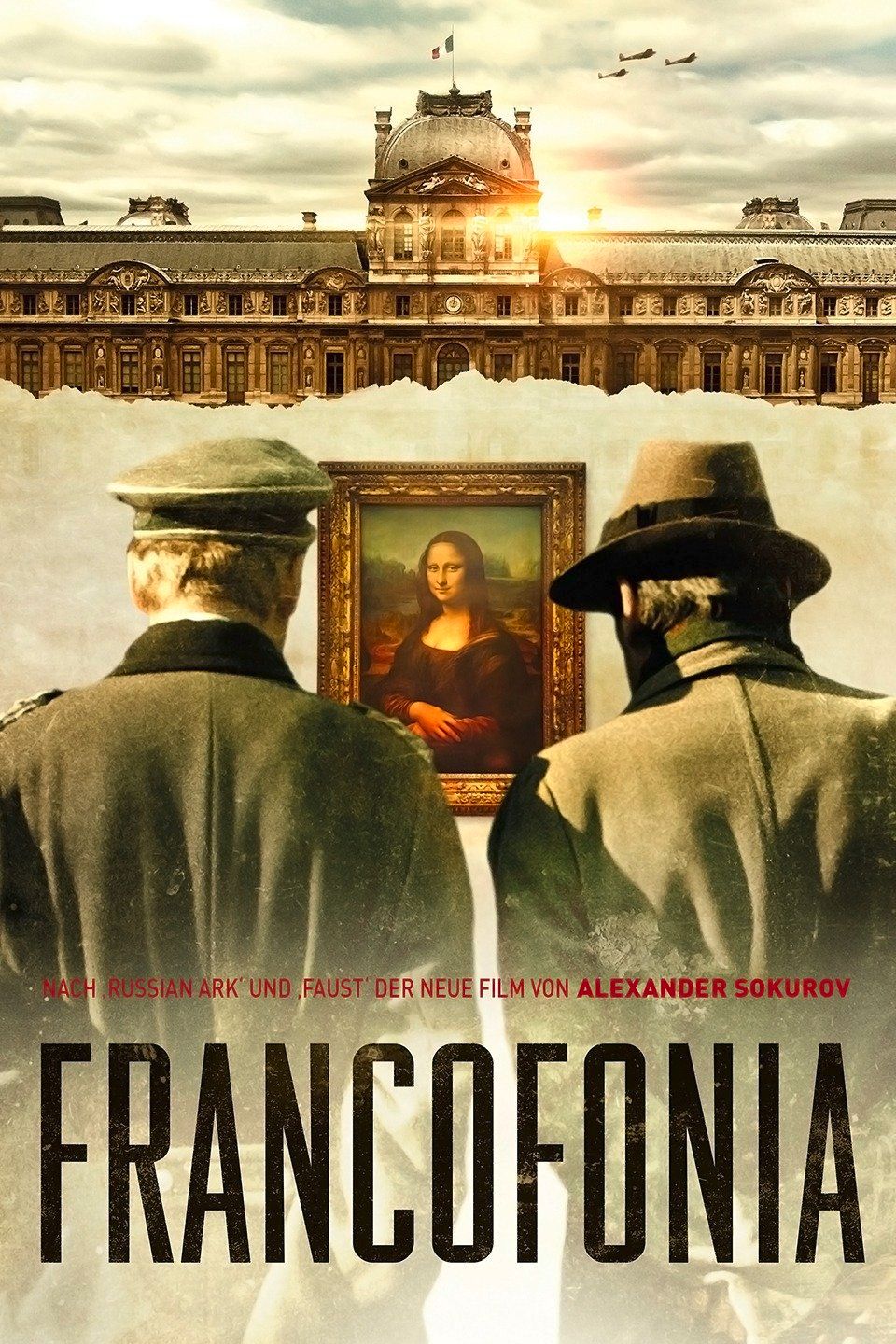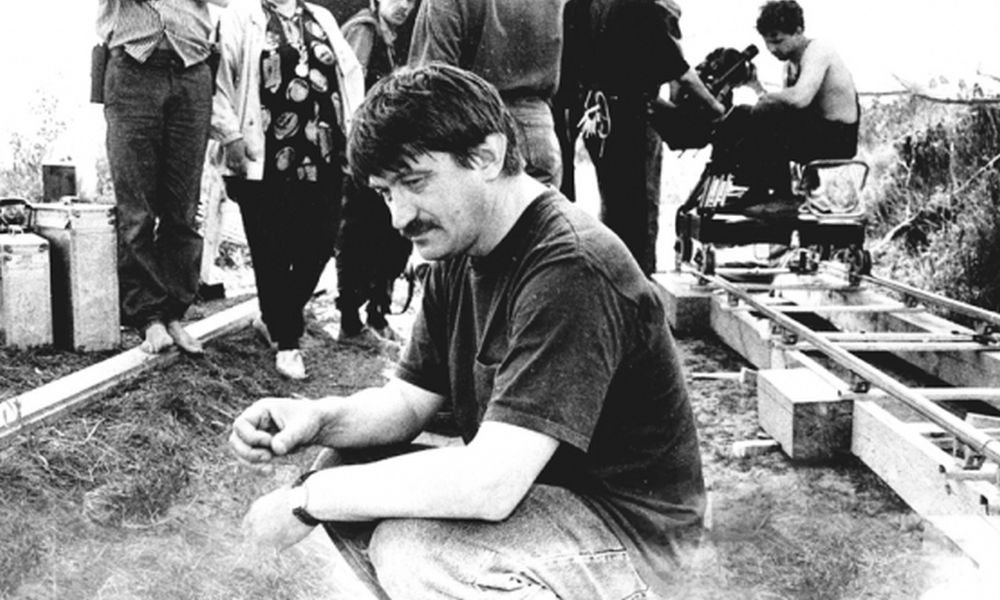"His preference for long takes and a mobile camera are redolent of his late friend Andrei Tarkovsky... Spiritualist genius or over-solemn cineaste, Sokurov is unique in contemporary cinema, a genuine throwback to a more challenging and auteurist era of filmmaking." - Lloyd Hughes (The Rough Guide to Film, 2007)
Aleksandr Sokurov
Director / Screenwriter
(1951- ) Born June 14, Podorvikha, Irkutskaya oblast, RSFSR, USSR (now Russia)
Top 250 Directors / 21st Century's Top 100 Directors
(1951- ) Born June 14, Podorvikha, Irkutskaya oblast, RSFSR, USSR (now Russia)
Top 250 Directors / 21st Century's Top 100 Directors
Key Production Countries: Russia, USSR, Germany, France, Japan, Italy, Netherlands
Key Genres: Drama, Psychological Drama, Short Film, Documentary, Avant-garde/Experimental, Period Film, Slice of Life, Family Drama, Culture & Society, War Drama
Key Collaborators:Leda Semyonova (Editor), Yuri Arabov (Screenwriter), Aleksandr Burov (Cinematographer), Aleksey Fyodorov (Cinematographer), Leonid Mozgovoy (Leading Actor), Thomas Kufus (Producer), Sergey Ivanov (Editor), Andrey Sigle (Composer), Sergei Yurizditsky (Cinematographer), Natalia Nikulenko (Leading Character Actress), Vera Zelinskaya (Production Designer), Aleksei Ananishnov (Leading Actor)
Key Genres: Drama, Psychological Drama, Short Film, Documentary, Avant-garde/Experimental, Period Film, Slice of Life, Family Drama, Culture & Society, War Drama
Key Collaborators:Leda Semyonova (Editor), Yuri Arabov (Screenwriter), Aleksandr Burov (Cinematographer), Aleksey Fyodorov (Cinematographer), Leonid Mozgovoy (Leading Actor), Thomas Kufus (Producer), Sergey Ivanov (Editor), Andrey Sigle (Composer), Sergei Yurizditsky (Cinematographer), Natalia Nikulenko (Leading Character Actress), Vera Zelinskaya (Production Designer), Aleksei Ananishnov (Leading Actor)
"Original and courageous, Aleksandr Sokurov is one of the most stylistically adventurous directors working at the beginning of the 21st century. Sokurov first made his name with Mother and Son (1997), which was later followed by the equally brilliant Father and Son (2003)." - Ronald Bergan (Film - Eyewitness Companions, 2006)
"Since the late 1980s Sokurov has emerged as a world-class auteur, often placed alongside his mentor Andrei Tarkovsky. They certainly share a predilection for the metaphysical, but Sokurov's work is more consistently grounded in material struggle. This often emerges as the struggle with death, as seen best in his masterpiece, Mat i syn (1997) (Mother and Son), which is fixated on the ebb of life and the unavoidable dissolution of physical attachment." - Nathaniel Carlson (501 Movie Directors, 2007)

Russian Ark (2002)
"The feeling for nature and relationship is so intense in Mother and Son that I can understand Paul Schrader’s belief that Sokurov is a master worthy of a place in the transcendental tradition. He was a friend to Tarkovsky, but he regards Chekhov as his forming influence. Mother and Son is, on the one hand, minimalist: a 73-minute rhapsody on a mother’s last day of life. On the other, it is a film with that classically large Russian embrace of all of being, something we know from Dovzhenko and Tolstoy. Then two films really revealed Sokurov as a new master—Russian Ark, an immense, single-shot exploration of a museum, and The Sun, a film about Hirohito and clearly one of the great achievements of the 2000s." - David Thomson (The New Biographical Dictionary of Film, 2010)
"One of the last representatives of a brand of serious, high-art cinema, Alexander Sokurov has produced a massive oeuvre exploring issues such as history, power, memory, kinship, death, the human soul, and the responsibility of the artist." - Columbia University Press, 2014
"Sokurov's films are characterised by poetic imagery, spiritual allusions, big, big themes and long, long takes. They can be challenging to the point of impenetrable, but when they work, the results are undeniably powerful, transcendent even. His international breakthrough, 1997's Mother and Son, struck deep spiritual and emotional chords with little more than two actors and a painterly eye for landscape." - Steve Rose (The Guardian, 2011)
"Something of a high-culture mandarin, Sokurov has said he considers cinema an unnecessary medium, unlike painting, literature and music. While cautioning against the dangerous power of the visual, he maintains that movies belong at the bottom of the cultural totem pole. The irony is that Sokurov has among the strongest signatures of any living filmmaker. Which is to say, he's one of the few capable of reminding us, often in just a few indelible frames, what cinema alone can do." - Dennis Lim (Los Angeles Times, 2013)
"Sokurov's films define a new form of spiritual cinema. Sokurov mixes elements of Transcendental Style - austerity of means, disparity between environment and activity, decisive moment, stasis - with other traditions: visual aestheticism, meditation, and Russian mysticism." - Paul Schrader
"One of the most important directors in both Russian and world cinema, Alexander Sokurov is considered by many to be the spiritual heir of the great Andrei Tarkovsky. Sokurov -- who has enjoyed a long creative relationship with Tarkovsky -- has discounted such comparisons, but certain similarities between their works remain indelible: a predilection towards very long takes, natural performances by their actors, and an almost otherworldly use of natural sounds and music. And, perhaps most important, both directors are concerned with the essential questions of human existence and the state of the human spirit." - Rebecca Flint Marx (Allmovie)
Selected Filmography
{{row.titlelong}}
GF Greatest Films ranking (★ Top 1000 ● Top 2500)
21C 21st Century ranking (☆ Top 1000)
T TSPDT R Jonathan Rosenbaum
21C 21st Century ranking (☆ Top 1000)
T TSPDT R Jonathan Rosenbaum
Aleksandr Sokurov / Favourite Films
Amarcord (1973) Federico Fellini, And the Ship Sails On (1983) Federico Fellini, Andrei Rublev (1966) Andrei Tarkovsky, The Asthenic Syndrome (1989) Kira Muratova, L'Atalante (1934) Jean Vigo, Cries and Whispers (1972) Ingmar Bergman, Earth (1930) Alexander Dovzhenko, The Godfather (1972) Francis Ford Coppola, The Last Judgement (1987) Herz Frank, Man of Aran (1934) Robert Flaherty, Ordinary Fascism (1965) Mikhail Romm, Strike (1925) Sergei Eisenstein.
Source: tvkinoradio (2015)
Amarcord (1973) Federico Fellini, And the Ship Sails On (1983) Federico Fellini, Andrei Rublev (1966) Andrei Tarkovsky, The Asthenic Syndrome (1989) Kira Muratova, L'Atalante (1934) Jean Vigo, Cries and Whispers (1972) Ingmar Bergman, Earth (1930) Alexander Dovzhenko, The Godfather (1972) Francis Ford Coppola, The Last Judgement (1987) Herz Frank, Man of Aran (1934) Robert Flaherty, Ordinary Fascism (1965) Mikhail Romm, Strike (1925) Sergei Eisenstein.
Source: tvkinoradio (2015)
Aleksandr Sokurov / Fan Club
Mark Cousins, David Sterritt, Ian Christie, Roger Koza, José Sarmiento, Jalal Toufic, Edwin Carels, Rada Sesic, Mark Cosgrove, Leos Carax, Suyene Correia, Stuart Klawans.
Mark Cousins, David Sterritt, Ian Christie, Roger Koza, José Sarmiento, Jalal Toufic, Edwin Carels, Rada Sesic, Mark Cosgrove, Leos Carax, Suyene Correia, Stuart Klawans.
"Fan Club"
These film critics/filmmakers have, on multiple occasions, selected this director’s work within film ballots/lists that they have submitted.
These film critics/filmmakers have, on multiple occasions, selected this director’s work within film ballots/lists that they have submitted.


